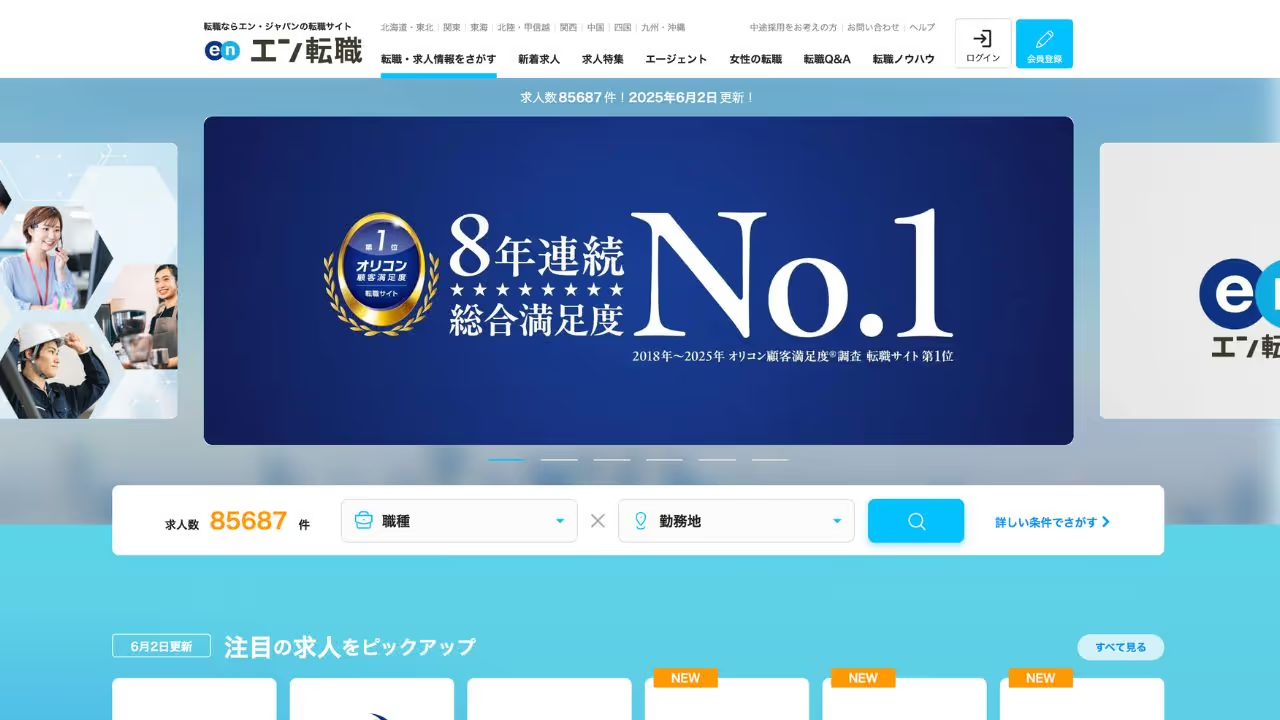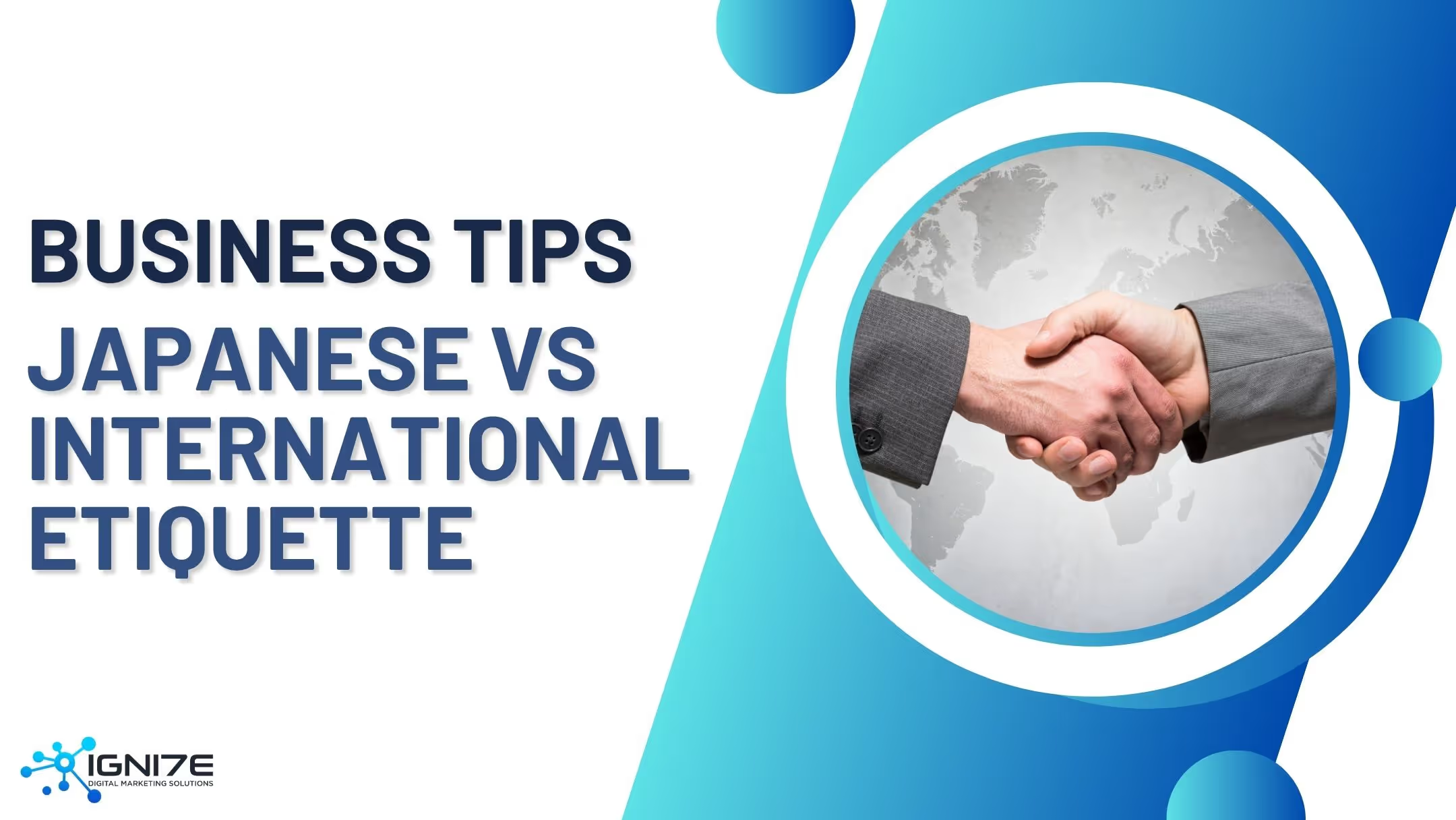Top 5 Business Matching Platforms Used in Japan

Business matching platforms in Japan have become essential networking tools for companies and professionals, helping them become more productive, discover valuable business opportunities, and build meaningful partnerships. In today’s digital-first business world, choosing the right platform is key to success.
That said, for many foreign companies entering the Japanese market, effective business matching often goes hand-in-hand with strategic outsourcing. Language barriers, cultural nuances, and strict business customs in Japan can make it difficult to directly engage with local partners or talent. Outsourcing certain operations—such as customer support, recruitment, or administrative tasks—to experienced local agencies can significantly ease these challenges. It allows foreign firms to remain agile while building credibility and trust through reliable local partnerships.
This article highlights five top-rated business matching platforms, ranked by member count, to help you choose the one that best fits your business needs and strategy. Whether you're seeking local partners, clients, or service providers, combining smart platform use with thoughtful outsourcing can help you make a stronger market entry in Japan.
Business Matching Platform Rankings (By Member Count)
- Indeed
- EnTenshoku (エン転職)
- MyNaviTenshoku (マイナビ転職)
- doda
- CrowdWorks
1. Indeed

Source: Indeed Homepage
With over 37 million monthly visitors and 2.73 million job postings, Indeed is a leading job site in Japan. Its standout feature is the low cost of posting job listings, as employers can choose between free and paid listings. Even when selecting paid postings, the cost is only incurred when someone clicks on the job (PPC), helping to keep costs under control.
2. EnTenshoku (エン転職)

Source: EnTenshoku Homepage
EnTenshoku has over 11 million members and 143,000 job postings. A key feature is its integration with "Lighthouse," a review platform run by EnJapan, where current and former employees can leave feedback about companies. This allows users to gain insight into a company’s culture and job roles, helping to prevent early turnover caused by mismatches after joining.
3. Doda

Source: Doda Homepage
With 8.4 million members and 295,000 job postings, Doda serves a broad age range and offers both job listings and recruitment services under one brand. Through its direct messaging service, businesses can target candidates with the specific experience and skills they need, making it easier to hire high-quality talent.
4. MyNaviTenshoku (マイナビ転職)

Source: MyNaviTenshoku Homepage
MyNaviTenshoku has 7.98 million members and 295,000 job postings. The platform is known for its strong focus on younger talent, with 68% of new registrants being under 35 and 62% of applicants in the same age range. It also provides educational resources for high school and university students, so many young professionals who have interacted with MyNavi in the past turn to it when seeking a career change. This makes it an excellent option for hiring motivated, trend-savvy candidates who bring fresh ideas to the table.
5. CrowdWorks

Source: CrowdWorks Homepage
CrowdWorks has 4.1 million members and 670,000 client companies. It’s a cloud-sourcing platform that connects businesses and individuals with freelancers across various fields, including writing, design, translation, and voice acting. This makes it easy for freelancers to apply their expertise to a variety of projects.
Conclusion
This ranking of Japan’s top business matching platforms highlights the unique strengths of each. All the platforms listed here are highly rated, offering specialized features and services to help businesses and professionals find the right opportunities and build strong partnerships. We hope this guide enables you to identify the platform that best aligns with your business needs or career goals, and ultimately leads you to the right business partner.
It’s also important to note that just like business matching, other forms of outreach in Japan—such as digital strategies like link building—require a culturally attuned approach. In contrast to Western markets, link building in Japan tends to be more relationship-driven, with an emphasis on trust, formality, and long-term collaboration. Cold outreach and transactional link requests are often less effective, as Japanese website owners prioritize credibility, relevance, and proper etiquette.
By understanding these cultural differences and adjusting your approach accordingly, you’ll be better equipped to succeed in both offline and online business development. We hope this guide enables you to identify the platform that best aligns with your business needs or career goals, and ultimately leads you to the right business partner.























